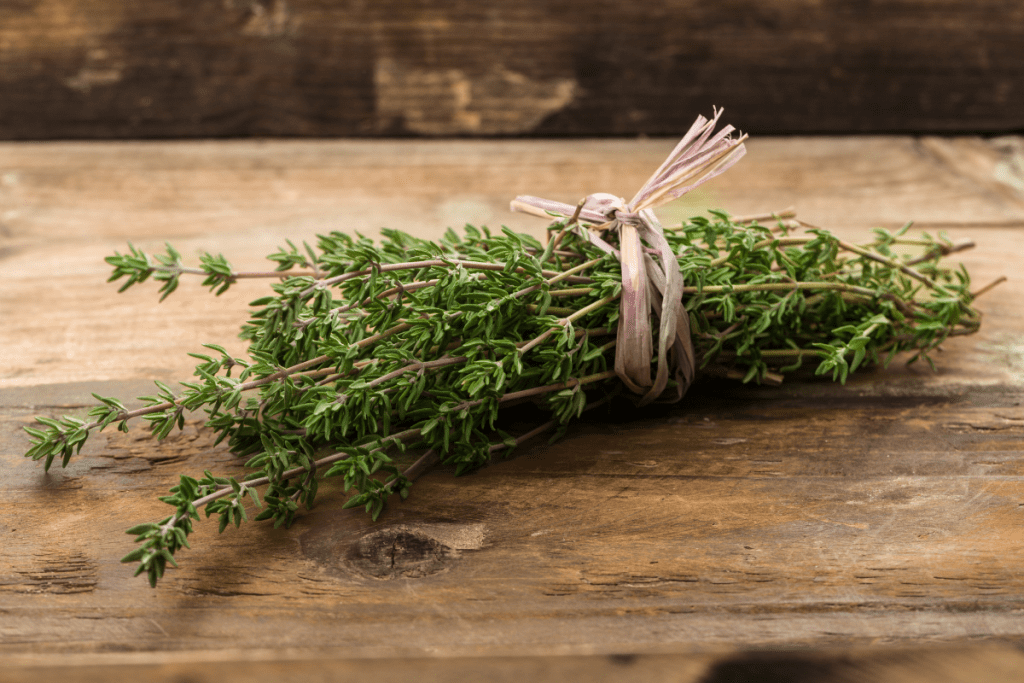
Indonesia’s Herbal Leaves Catch Global Attention
Light House Denver – Indonesia’s herbal leaves are now capturing global attention, emerging as one of the rising natural commodities in international markets. In addition to well-known spices like pepper and cloves, another star is making its way into the spotlight: thyme. Countries such as Japan, South Korea, Italy, and the Netherlands are increasingly seeking this aromatic plant.
According to data from Indonesia’s Central Statistics Agency (BPS), thyme exports in 2024 reached US$123,778, a significant jump from US$89,415 in 2023. Japan leads as the top importer with US$66,726, followed by South Korea with US$16,608, alongside steady demand from the Netherlands, Taiwan, and Australia.
“Read More: The Rich and Poor Can Be Seen on the Face, Research Proves!”
Cooks in European and Middle Eastern cuisines widely use thyme (Thymus vulgaris), often adding it to dishes like roasted chicken, soups, pasta, and marinades. Its distinct taste and warm, herbal aroma make it a kitchen staple across the globe.
Beyond its culinary appeal, people praise thyme for its impressive health benefits. Ancient Egyptians used thyme as a natural antiseptic. Today, modern medicine recognizes thyme for its antibacterial and antifungal properties. It also helps boost the immune system and relieve coughs.
Thyme is also gaining popularity in the beauty and personal care industry. Its essential oil is known to be effective in treating acne, oily skin, and even dandruff. Countries like Japan and South Korea, known for their emphasis on natural skincare products, represent growing markets for thyme-based formulations.
Indonesian-grown thyme stands out due to its more intense flavor profile, thanks to the tropical climate. Combined with improved drying and processing methods, local thyme products are becoming increasingly competitive on the global stage.
With the rising trend toward healthy lifestyles and herbal-based products, Indonesia has a strong opportunity to position thyme as a leading export commodity, provided it is supported by the right strategies, including quality enhancement, organic certification, and product innovation.
“Continue Reading: Maintaining Emotional Bond Between Divorced Parents and Kids”